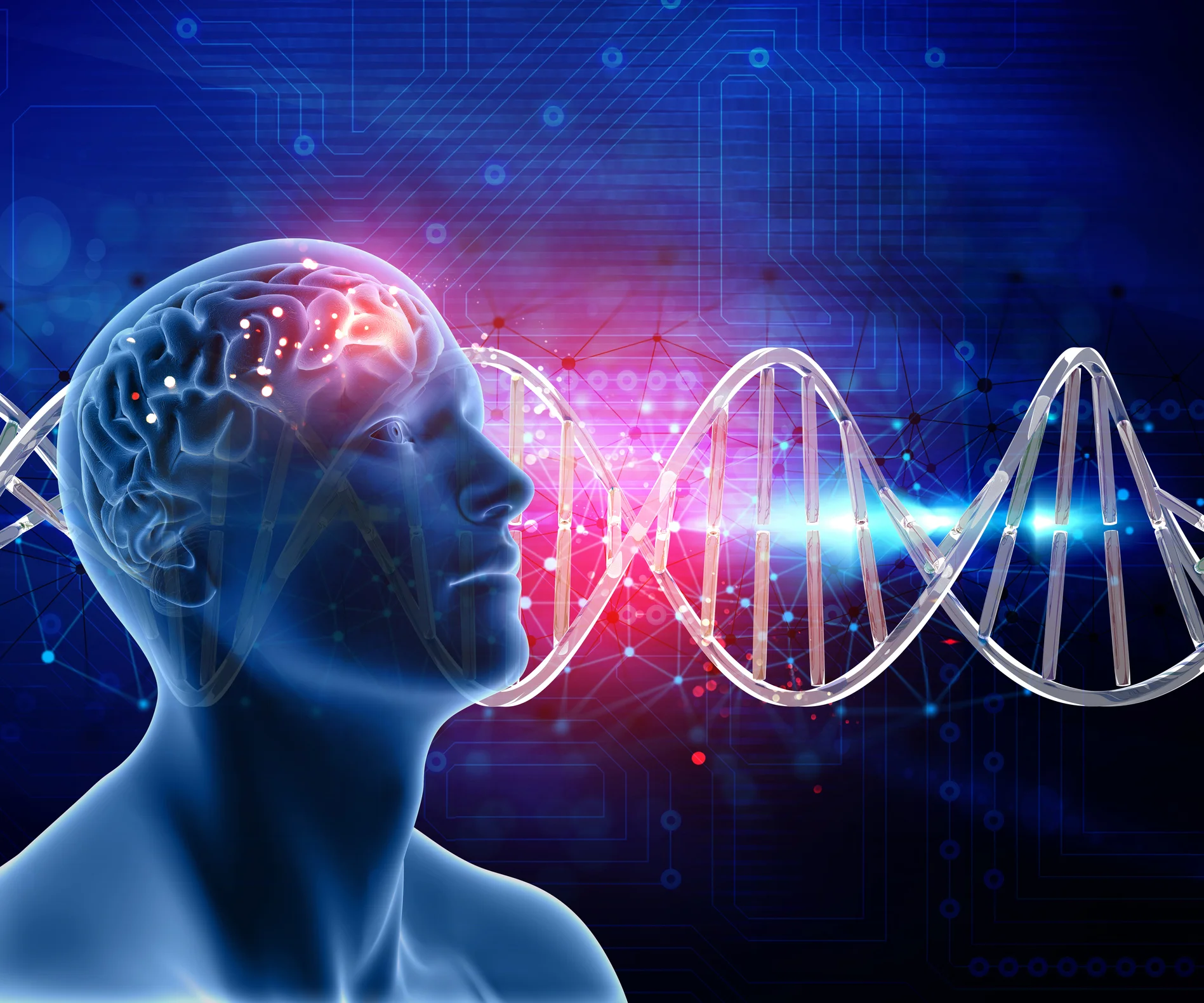Just like any other medical illness, mental illness can cause distress and interfere with your ability to function in social, work, and family activities.
Drastic changes in thoughts, moods, or behavior can be a sign of a mental illness. They can be sudden or come on gradually over a long period.
Symptoms
Everyone experiences a variety of peaks and valleys in their mental health. But when those peaks become more frequent and start to interfere with your ability to function, it can be time to seek help. Modvigil 200 Signature has similar subjective and cognitive effects on alertness and attention.
A mental illness can impact your thoughts, emotions, and behaviors in ways that are difficult to manage on your own. It can make you feel unable to cope and may affect your ability to work or care for yourself or your loved ones.
A mental health professional can use your symptoms, past medical history, and other information to make a diagnosis. They will then talk with you about the best treatment and support options. They may use a number of methods, including medication, therapy, and other forms of alternative treatment.
Diagnosis
Mental illness is the same as any other medical illness – it doesn’t have a specific cause. It’s a combination of genetics, brain chemistry, how you grew up, and life experiences. In people with narcolepsy, sleep apnea, or shift work sleep disorder, Artvigil 150 Australia improves the ability to stay awake compared to a placebo.
When you see a doctor for mental illness, they do an evaluation that includes asking questions about your symptoms and family history. Then they may order a number of tests such as imaging exams and bloodwork to check for other underlying medical conditions.
Often, people with mental health disorders need a combination of medications and talk therapy (psychotherapy). Medication can help to relieve some of the symptoms that are bothering you.
Psychotherapy can also help you learn how to manage and cope with your symptoms. There are many types of psychotherapy, including cognitive behavioral therapy and psychodynamic therapy.
Treatment
Mental illness is the same as any other medical illness — you can’t cure it, but treatment can make a difference. Psychological therapies (talk therapy) and medications are often effective for most people who have a mental health disorder.
Getting an accurate diagnosis is the first step to managing your symptoms and living with a mental health disorder. This is especially important for severe cases.
A mental illness can cause symptoms that interfere with your daily life, such as extreme mood swings, difficulty concentrating, or thoughts of suicide. It can also affect your work and family relationships.
The treatment of a mental health disorder depends on the severity of your symptoms, your goals, and other factors. It may include a combination of psychotherapy, medication, or other treatments.
Prevention
The prevention of mental illness involves addressing the causes of mental health problems before they occur. A broad range of social, environmental, and behavioral factors contribute to the risk of mental health problems.
There is considerable evidence that certain conditions – depression, anxiety disorders, some behavioral disorders in childhood, and alcohol and substance use conditions – can be prevented by reducing people’s exposure to risk and increasing their exposure to protective factors.
This is often done through a combination of primary and secondary prevention.
Generally, primary prevention is aimed at changing the environments in which people live, learn, work, and play. It also includes measures of self-care and education to prevent mental health conditions from occurring.
Using these approaches to prevention helps reduce the burden of mental health conditions and promotes healthy behavior. They can also reduce costs associated with treatment and recovery.
